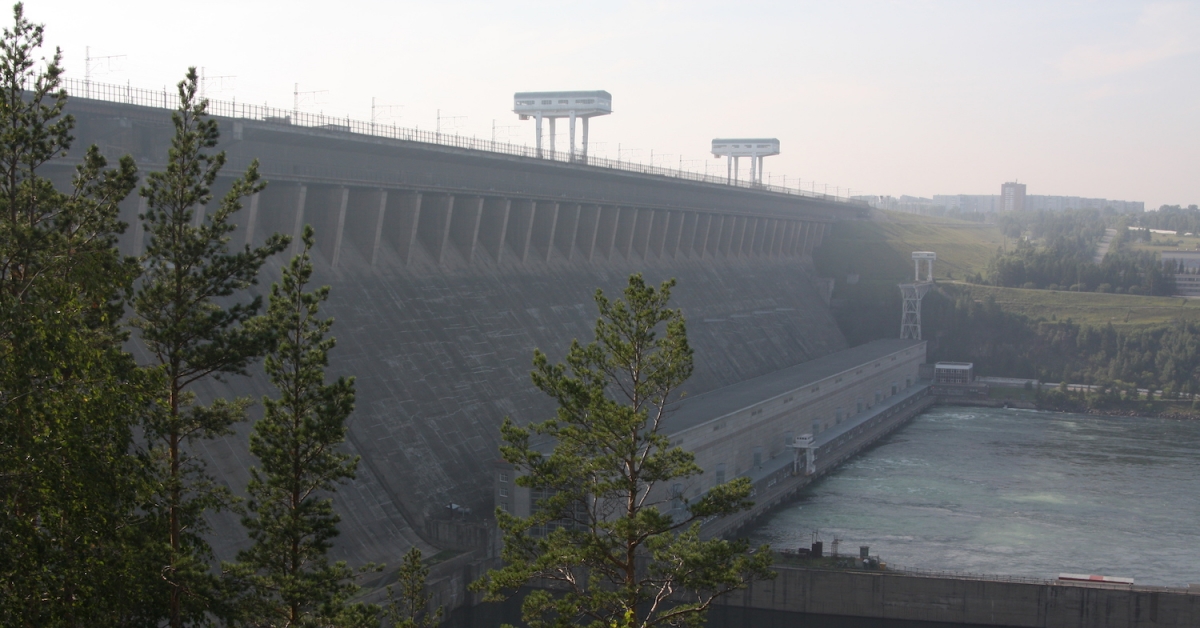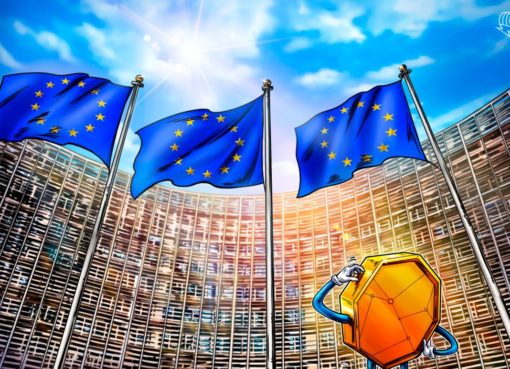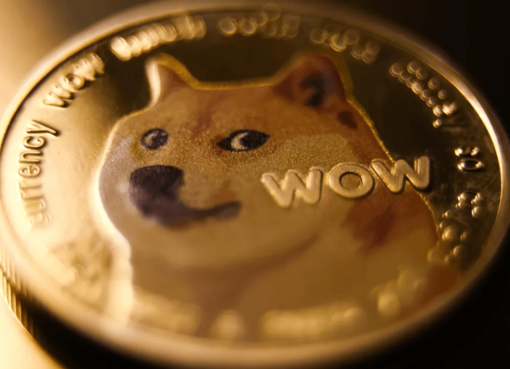En+, one of the largest aluminium and power producers in the world, is venturing into crypto mining.
En+ decided to enter the crypto space after some experimentation in the field, the firm’s chief financial officer, Mikhail Khardikov, told CryptoX via a spokesperson. Three years ago the company got mining firm BitRiver as a client, selling power to its farm in Bratsk.
BitRiver owns the largest mining venue in Russia, hosting about 100 megawatt worth of clients’ ASICs on a farm near the Bratsk hydropower plant in Siberia. The firm is also looking to expand to neighboring regions with the blessing of the local authorities. The partnership with En+ will add to the future growth.
The public company is a rare example of a large, mainstream industrial firm entering the crypto world. In this case, it seems like a natural fit: En+, owning four major hydropower plants in Russia’s Siberia, is producing about 7% of the country’s electricity and has resources to become one of the leading players in the market.
Industrial powerhouses like En+ entering the space might change the current power balance in the global crypto mining industry, where China’s domination is reportedly diminishing and countries like the U.S., Russia, Kazakhstan and Canada are trying to win larger shares of the market.
Ambitious alliance
Now, En+ and BitRiver have partnered to run a new farm, with En+ holding a 80% stake and BitRiver 20% in the joint venture, they said. The venue, located not far from BitRiver’s existing site, will initially offer 10 megawatts of power for miners who would choose to keep their ASICs there, with the potential to expand to 40 megawatts.
“Our main business is combining the production of electricity and aluminium, which allows for turning electricity right into aluminium production, instead of selling it via the power grid [to consumers]. Data centers, especially for the mining farms, are an even more attractive way of turning electricity into a product,” Khardikov said.
He added that En+ is happy to see more miners as its clients, and is offering to locate their farms in the direct vicinity of the firm’s power plants. “We have venues with electricity infrastructure readily available, from smaller ones for 10-30 megawatts, to larger ones for 100-120 megawatts,” Khardikov said.
According to him, En+ is actively lobbying the interests of the crypto industry in Russia and is talking to both the government and market participants, in hopes of better crypto regulation in the country.
“A reasonable regulation of the [crypto] space will help develop other sectors of the economy as well, such as energy generation and other industries,” Khardikov said.
As for BitRiver, the partnership will help it grab an even bigger share of the market, BitRiver CEO Igor Runets told CryptoX.
“We’re planning to grow the capacity of our data centers significantly in 2021, and partnering with the largest private hydropower company in the world is important to achieve this goal,” he said. The new status of being a partner, rather than a client, of En+, will help reduce costs and build a better relationship with the electricity provider, Runets added.
Political entourage
Apart from the potential scale of the new mining enterprise, En+ getting into crypto is interesting for another reason: The company’s largest shareholder, Oleg Deripaska, is the second Russian billionaire to publicly dip his toes into crypto and blockchain. Last year, Vladimir Potanin announced a project to tokenize the metals his company, Nornickel, is producing in Russia.
Deripaska was sanctioned by the U.S. in 2018 for being one of the Russian oligarchs who are close to the country’s authorities and “profit from this corrupt system,” U.S. Treasury Steven Mnuchin said at the time.
Deripaska’s companies, including En+, were sanctioned as well. The sanctions on En+ were lifted in 2019, when Deripaska’s stake in the company was reduced – he now owns 44.95% of the company.
In the meantime, the current regulatory trends in Russia are far from optimistic: After President Vladimir Putin signed into law a measure defining crypto as taxable property, the country’s Ministry of Finance suggested amendments that might prohibit crypto mining in Russia altogether.




